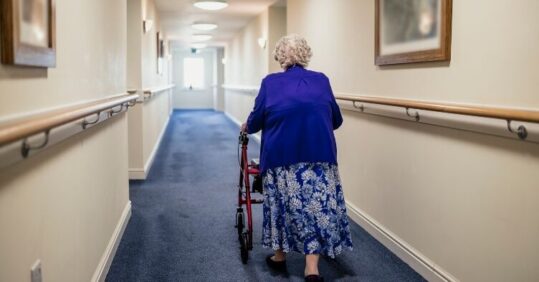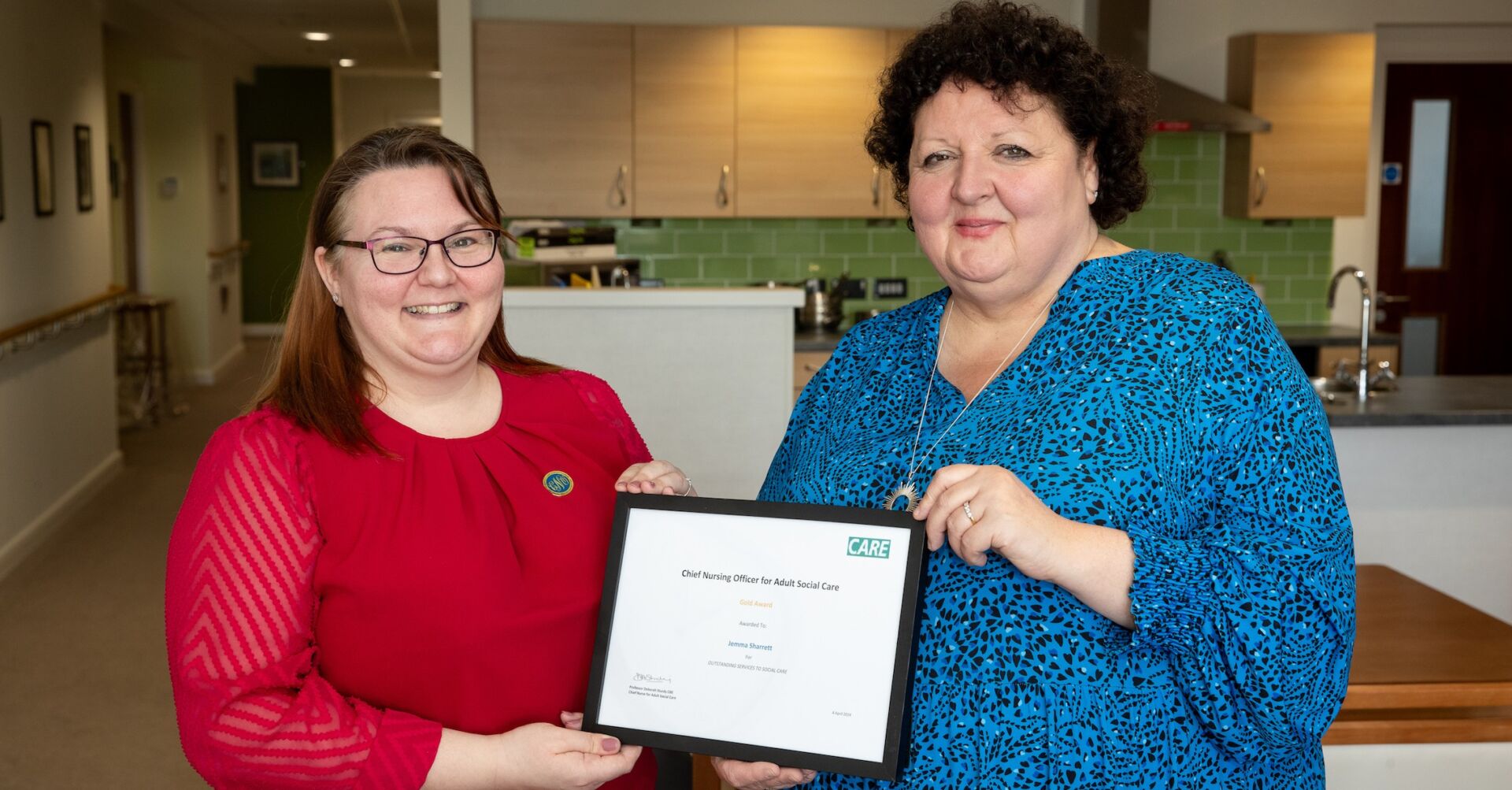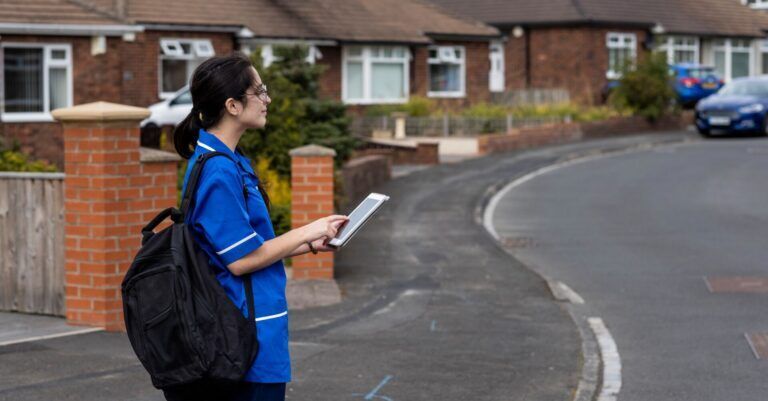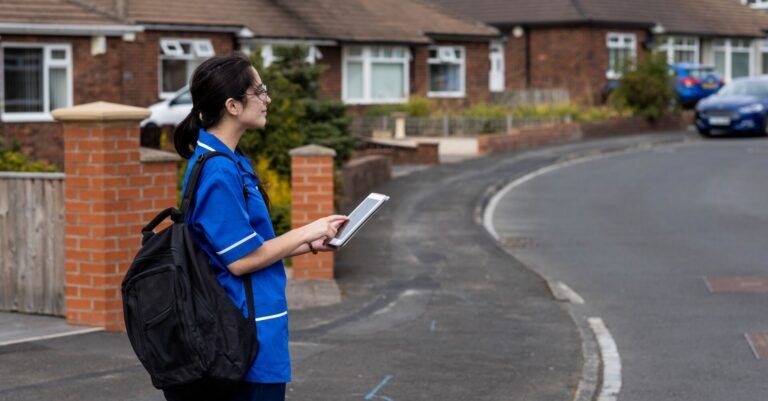Technology that can help prevent falls and automatically alert carers to a medical issue could soon be rolled out in more care homes across England, government has said.
Whzan Guardian technology tracks people’s movements and can detect falls through sensors, using 4D imaging. Pilots in several care homes across England resulted in a 66% reduction in falls and around a 97.5% reduction in ambulances called or required post fall it was found.
The technology will now be rolled out in Redbridge Integrated Care System (ICS) for further testing after North East London Integrated Care Board (ICB) received £1m from the government’s Adult Social Care Technology Fund. If successful, it could be rolled out to more care homes nationally.
Social care minister Helen Whately said: ‘The Care Tech Fund has identified technology with major potential to improve the quality of care while helping people live safely and independently. The technology will deliver savings for taxpayers, as falls cost the NHS around £2b every year.
‘Scaling up this technology is a vital part of our 10-year vision for social care reform. As the care needs of our population grow, technology will play an increasingly important part in social care that gives people the independence, freedom and security they deserve.’
The fund was launched in April 2023 as part of the Digitising Social Care programme and seeks to identify technology with the potential for wider roll-out within the care sector.
The programme, which is jointly delivered by the Department of Health and Social Care (DHSC) and NHS England, invited ICSs, care providers, local authorities and technology suppliers to submit expressions of interest to apply for funding.
Three other projects have also been granted funding, with Lancashire and South Cumbria ICB to receive £1.2m to develop a medication management system which will monitor dispensing activity of tablet and liquid treatments in real time.
Bedfordshire, Luton and Milton Keynes ICB will receive £1.1m to develop pain assessment tools and robotic pets to support adults experiencing communication difficulties, as well as adults with dementia, low mood, anxiety, cognitive impairment and problems that make it difficult to live independently.
The London Borough of Barking and Dagenham will receive £1.1m to roll out a range of digital technologies including video and communication devices, smart home tech and sensors for fall detection.
Redbridge Place based Partnership has also identified two other technologies with the potential for roll-out: the Miicare Cube, a digital health coach that uses conversational artificial intelligence (AI); and Informetis technology that combines a smart sensor with AI to monitor home appliances and power consumption to map user routines and activities and recognise deviation, potentially identifying incidents to alert carers.
The Digitising Social Care programme has also been supporting the scaling of Digital Social Care Records (DSCR) across England and recently confirmed that funding and support will continue into 2024 to 2025.
Areas that are on track to meet targets for DSCR adoption will be encouraged to scale other proven technologies. A toolkit to support the implementation of falls prevention and detection technologies will be published later this year.
According to a think tank report published earlier this month, adult social care is facing ‘intense pressure’ due to vacancy rates and ‘record’ demand. A panel of experts said last year that technology will be vital to the future of the social care sector and the workforce.







